PAVE Project: Policy Guidelines for
Multi-Stakeholder Collaboration for Supporting Community Resilience
Through the European Union funded research project ‘Preventing and Addressing Violent Extremism through Community Resilience in the Western Balkans and the MENA,’ (PAVE), the Network for Religious and Traditional Peacemakers developed Policy Guidelines for Multi-Stakeholder Collaboration for Supporting Community Resilience.
What are the roles of local communities and its members and what contributes to community resilience against violent extremism? Six policy guidelines offer concrete recommendations for designing and implementing coordinated multi-stakeholder approaches for the prevention of violent extremism to be used by policymakers, practitioners, faith-based actors and organizations, and civil society actors working in cooperation at the local level.
The recommendations are derived from key findings and evidence-based knowledge from the PAVE empirical research on the factors that contribute to community vulnerability and resilience towards radicalization with the aim to strengthen the capacity of policymakers and community leaders for the development of an effective prevention strategy.
Here are the six recommendations for multi-stakeholder collaboration for supporting community resilience:
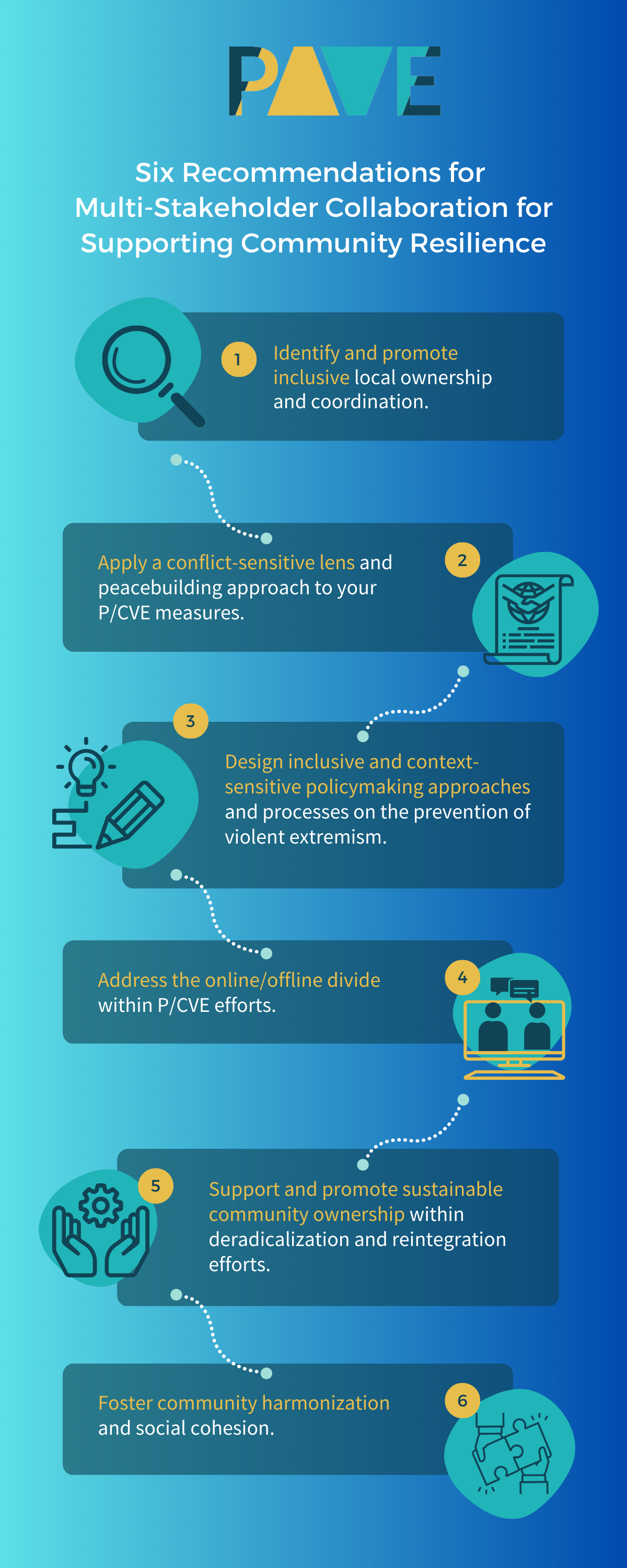
Hear from local experts on how the recommendations for multi-stakeholder collaboration for supporting community resilience can be contextualized and used in local communities:
Identify and promote inclusive local ownership and coordination
Lara Azam, Berghof Foundation
Apply a conflict-sensitive lens and peacebuilding approach to your P/CVE measures
Josep Garcia Coll, Fundacíon Euroárabe
Design inclusive and context-sensitive policymaking approahces and proccesses on the prevention of violent extremism
Ahmed Windi, Pax for Peace
Address the online/offline divide within P/CVE efforts
Dani Ilazi, Kosovar Centre for Security Studies
Support and promote sustainable community ownership within deradicaliztation and reintegration efforts
Rubina Abu Zeinab, National PVE Coordination Unit in Lebanon
Foster community harmonization and social cohesion
Imam Rexhep Lushta, Islamic Association of Kosovo

PAVE has received funding from the European Union’s Horizon 2020 research and innovation program under Grant Agreement No. 870769.
About the PAVE Project
The European Union funded ‘Preventing and Addressing Violent Extremism through Community Resilience in the Western Balkans and the MENA’ (PAVE) research project (2020-23) tackles the global issue of radicalization by examining its root causes and driving factors with focus on community level resilience and vulnerability analysis. Research conducted in selected municipalities of Bosnia and Herzegovina, Kosovo, Tunisia, North Macedonia, Iraq, Serbia, and Lebanon, revealed that the integration of multi-stakeholder approaches within community and national policies and programs to prevent and counter violent extremism and strengthen community resilience to violent extremist radicalization and recruitment.





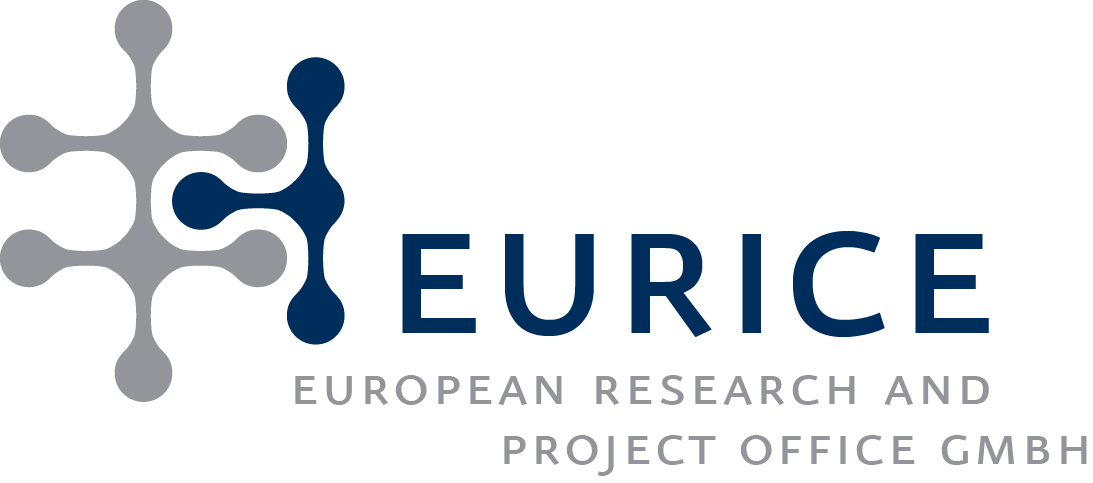
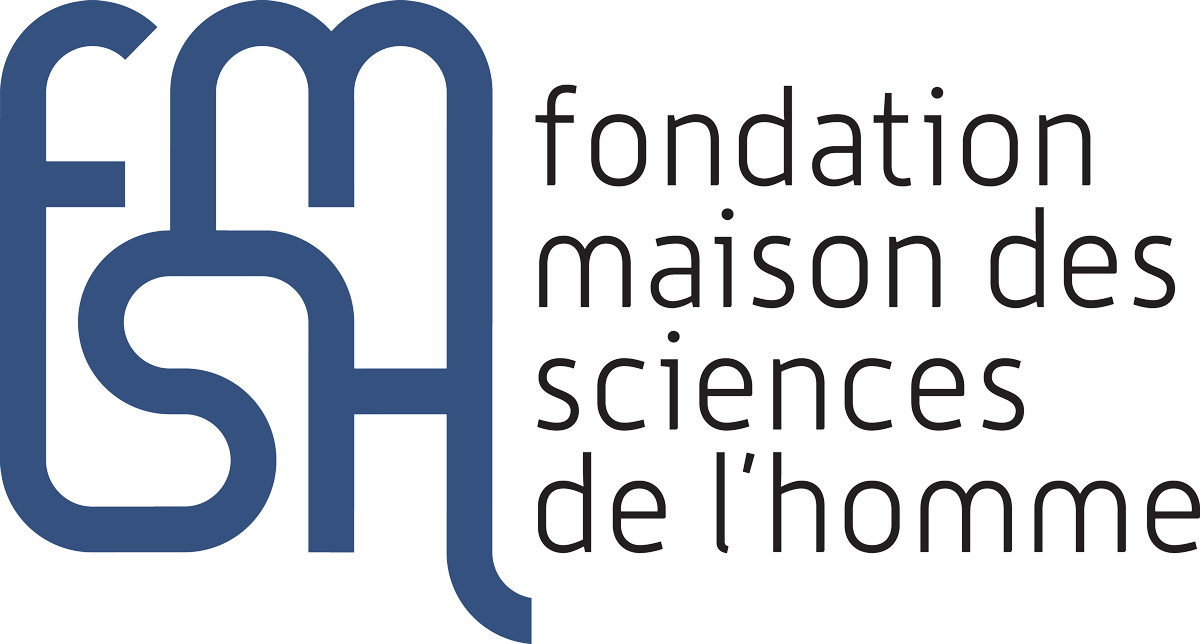




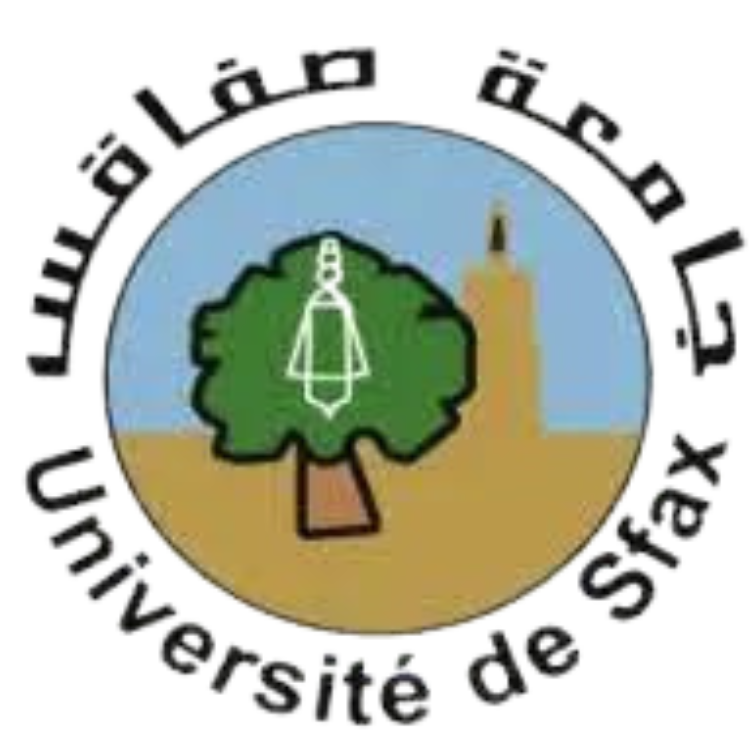
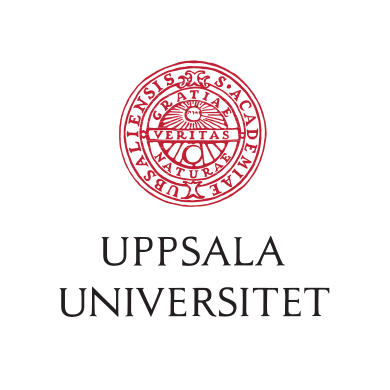


Follow the Network on social!
